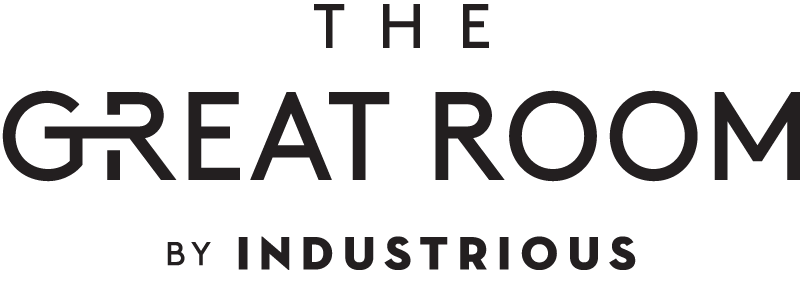Zi En, Co-founder of HASIKO, is a former banker turned serial entrepreneur and a qualified Pilates instructor. HASIKO was founded to empower people to lead their best lives by forging strong connections with their mind, body and self.
She shares how being present can make you happier, reduce stress and perform better at work.
Most of us are not fully engaged in what’s happening in our daily life. We are constantly in our heads anticipating how something will turn out, or thinking about how things didn’t happen the exact way we wanted it to.
The result is that we live with high levels of stress, tension, frustration and anxiety everyday. Not only does it take away joy in our everyday life, living in this distracted manner decreases our productivity and performance.
The Mind Hack: Be Present
In his TEDx talk, Matt Killingsworth, a Harvard psychologist who ran a study that gathered 650,000 data points from 15,000 people across 80 countries discovered this:
“We are substantially happier when we are are fully engaged (being present) in what we are doing.”
We are less happy when our mind is distracted regardless of what we are doing. For example, commuting to work is something that most of us do not enjoy. Yet, Matt’s research showed that people who focused on their commute instead of letting their mind wander off were substantially happier. This pattern held true for every single activity that was measured.
In addition to higher happiness levels, you enter a state of flow when you are fully engaged and present in an activity. This is a state of being where you are able to tap into your highest abilities, where you are at the optimum level of clarity and focus, and where your performance level is at its peak. Research by the Flow Genome Project found that being in “flow” can boost human productivity, learning, and skill mastery by 490%. It’s the state that elite athletes are in when achieving superhuman feats, and it’s not exclusive to them.
However, we are a distracted breed. Matt’s research shows that we are only present 35 – 50% of the time in our daily life.
So How Do We Be More Present?
This is not about ignoring the past or the future. Our capacity to learn from the past and plan for the future is immensely useful. Just that when you are doing them, do them with your full attention. That’s being present and in flow.
There is no magic formula or a single method that works. Just like learning anything new, start with small steps and keep practicing. Here are some simple ways you can start with.

1) Start Your Day With Some Quiet Time
After scrambling to get the kids off to school and driving through rush hour traffic, most of us come into work already stressed and on the edge. In this frazzled state of mind, you are more likely to be stressed out by things at work.
Start your day with 5 minutes of quiet time, have a cup of tea, a nice shower, or focus on your breath. You may find that the stresses of the day roll off your back easier.
2) Focus On One Task
How often do you switch from your inbox, to a conversation with your colleague? Or from reading an article to checking messages on WhatsApp. Our attention is being demanded by so many things that we are constantly pumped up on cortisol. Our distracted mind feels overwhelmed because it’s constantly shifting from one thing to another.
Try this instead. Switch off all distractions and set a timer for 20 minutes. Pick a task on your to do list and fully engage in it. Besides lower stress levels, you’ll get more done than when you were multitasking.
3) Practice While You Wait
Embrace the daily pockets of waiting time as opportunities to practice being present. When waiting for the lift or in line for your coffee, instead of looking at your phone, practice being fully present. Observe what is happening in that moment without any judgment or commentary about how the line is slower today because the lady at the counter doesn’t know what she wants. Just notice what you see, hear, or smell.
4) Be Intentional
Our intentions drive our focus. An effective way to build a habit of presence is to intentionally practice for a month.
